Dominic Hofstetter writes about the challenges of innovation in complexity.
He describes the allure of roadmaps as metaphors for change processes:
“They provide a compelling vision of a future state of the world; one that is desirable and noble and elicits our sense of adventure and courage. They break a long journey down into manageable milestones, providing changemakers with a framework for managing actions and tracking progress. They present evidence in the form of studies, charts, and tables to convey a level of scientific rigor, thereby allowing funders, policy-makers, and executives to use them as a decision-making tool and as a mechanism to defer accountability.”
The trouble is, the metaphor is misleading. Conventional roadmaps chart the way to real places; change roadmaps are about imagined destinations. They assume that change is a predictable process of simple steps in cause and effect, where the consequences build in a linear fashion.
“A tool originally developed to represent existing realities doesn’t work well as a mental model for creating new realities…if the world is a complex adaptive system and consists of complex adaptive sub-systems, is it surprising that linear, deterministic, and static tools so often fail?”
Hofstetter gives the example of the UK wasting millions on a failed roadmap for carbon capture. He also argues that the Paris climate agreement is a roadmap that has the unintended consequence of engendering complacency where none is due.
He argues that it’s fine to set ambitious goals. But it’s the laborious mapping of how to get there that leads us awry.
We often feel like this about agendas for meetings. Planners often draw comfort from mapping out how an event will flow in 20 minute increments. But if we’re tackling a complex challenge this approach may blind us to the small signals of unexpected challenges and opportunities that arise when smart, passionate people sit down to work together.
It’s often better to set a theme and then allow conversations to evolve rather than forcing people into a linear routine (“we’ll diverge in the morning and then converge after the lunch break”). We often talk about not trusting the process – which for complex issues won’t be the same as last time – and instead trust the people.
